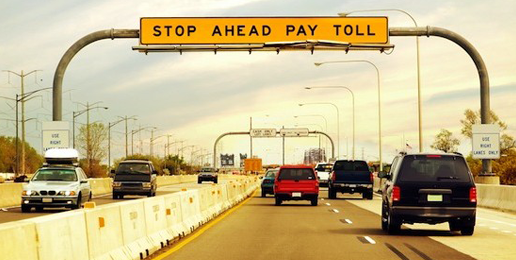
There is an often-repeated falsehood that liberals and some libertarians love to throw out in knee-jerk fashion to dismiss those who support morally ordered liberty. You may have encountered it on social media. The retort is “you can’t legislate morality.” This is wrong on several fronts. Someone’s moral view is always a part of almost every piece of legislation. The question then is, “whose morality prevails?”
What these folks are doing, other than dismissing your cultural concerns, is to claim that you cannot legislate behavior. This too is false. The law is a teacher. For many, whatever is legal is moral and therefore permissible behavior. As an example, one reason you likely did not drive to the office at 85 MPH this morning is that it was not legal to do so. Had it been, many drivers would have done so, regardless of the safety of such a behavior.
There is a very good insider political newsletter called Indiana Legislative Insight to which AFA-IN subscribes. A recent story includes a study whose name only a government bureaucrat could love. It is called the “Louisville-Southern Indiana Ohio River Bridges Project Post Construction Traffic Monitoring Study.”
To boil it down as concisely as possible, this study claimed that traffic across the bridges would hit 250,318 vehicles per day for 2013. However, actual traffic counts found that this was overstated by over 30,000 vehicles per day.
What was even more interesting was the breakdown of bridges. The study did not predict the significant change in traffic patterns on the bridges across the Ohio River caused by new laws that created toll bridges. During the study the non-tolled US 31 bridge saw a 75 percent increase in traffic. The non-tolled I-64 bridge saw a 23 percent increase in traffic. The study predicted a much smaller increase in traffic due to new tolls and construction on other bridges.
Traffic on the renovated Kennedy and the new Lincoln toll bridges dropped by 49 percent between 2013 and 2018. Three of five bridges crossing the Ohio are now tolled.
In other words, government predictions of drivers’ behavioral changes significantly underestimated how many people would avoid paying new taxes through the use of other routes.
The study did not look at toll revenue projections. However, Legislative Insight reports that those numbers seem to be close to revenue predictions. It did note that many of the estimated costs for bridge construction fell well below the actual costs.
This article was originally published by AFA of Indiana.




















